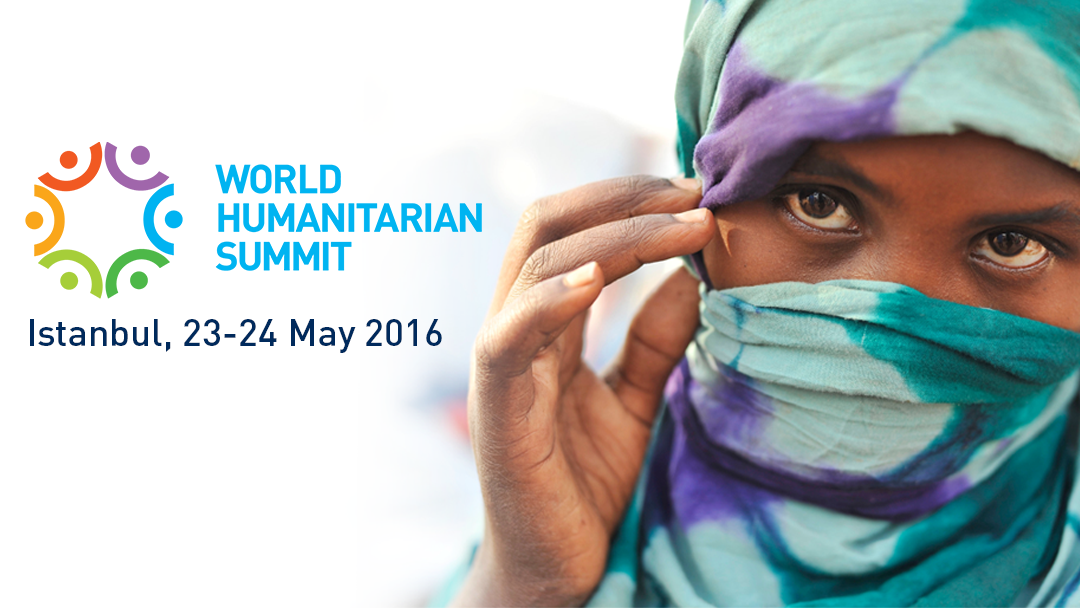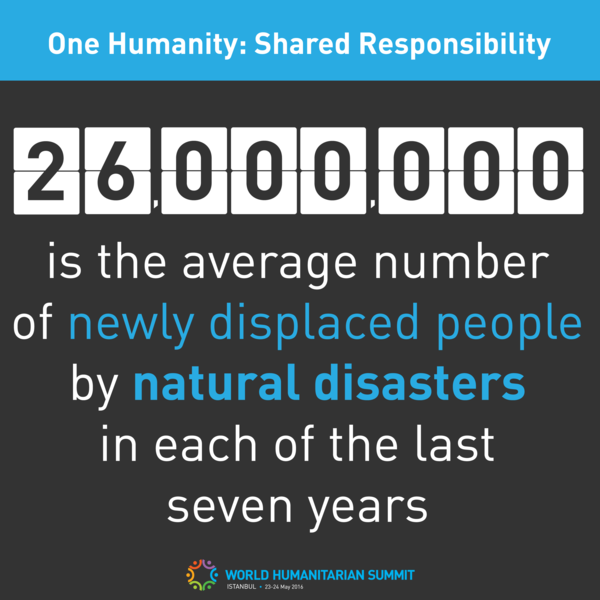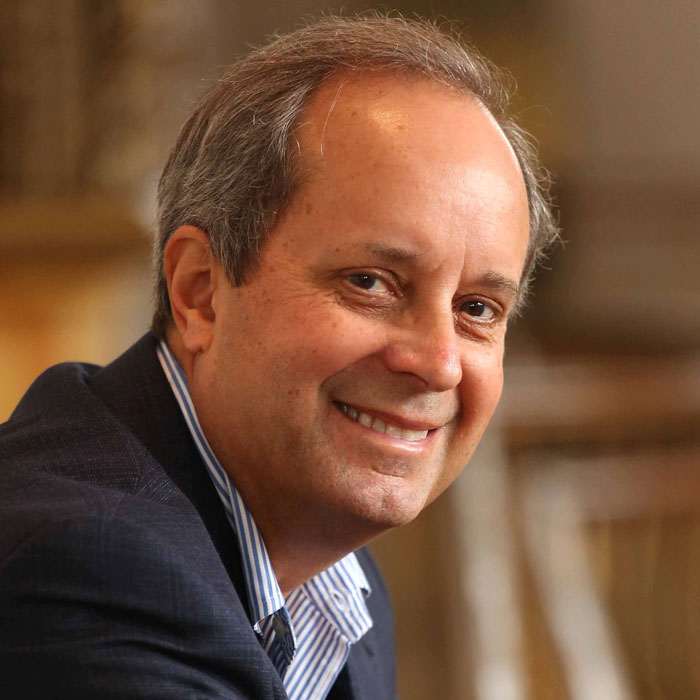The World Humanitarian Summit’s Potential for Good

My thoughts keep returning to the World Humanitarian Summit held last week in Istanbul.
It was complicated, confusing at times, exhausting, sometimes exhilarating and frequently challenging. Was it worth all the time and effort? What did it accomplish?
On the whole, my conclusions are positive.
For the first time, it drew global attention to humanitarian crises and our urgent need to improve both the quantity and quality of the assistance that is delivered. Organizers say the Summit was attended by 9,000 participants including representatives from 173 member states, 55 heads of state and governments, some 350 private sector leaders and thousands of civil society and non-governmental organizations. That’s a lot of people and a lot of organizations. And a lot of potential for good.
Getting something accomplished with that many people is no easy feat. As United Nations Secretary-General Ban Ki-moon said to a group of journalists: “Aligning such a constellation of actors is inherently challenging.”
Despite much skepticism, there were a surprising number of agreements announced. Organizers claim over 1,500 commitments were made, including these:
- The Education Cannot Wait fund to help provide quality education to children and youth in crises
- A Grand Bargain that will increase the efficiency and effectiveness of investment in emergency response
- The Global Preparedness Partnership to better prepare twenty of the countries that are most at risk of crisis
- The One Billion Coalition for Resilience which aims to mobilize a billion people to build safer and more stable communities worldwide
- The Charter on Inclusion of Persons with Disabilities in Humanitarian Action
IRIN was one of the first out of the box with an interesting article listing what they saw to be the “winners and losers.” I think it’s a little early to make such judgments. I would consider these comittments the beginning of a process, not final solutions.
Finally, for those of us specializing in disasters, the Summit was a good reminder that we need to do a better job of putting disasters in the broader context of humanitarian crises. At the Summit we presented a paper written by CDP’s Regine Webster and consultant Bill Patton. The paper put it well: “Arguably the most important contribution of the Summit is how it can help shift the conversation from one singularly focused on how philanthropy responds to disasters to one about how philanthropy can invest in efforts designed to prevent recurrent and predictable disasters always becoming events associated with huge suffering.”
So, now that the issue has been raised and discussed, it’s time to get to work.
More like this

Can disaster philanthropy close the humanitarian gap?

